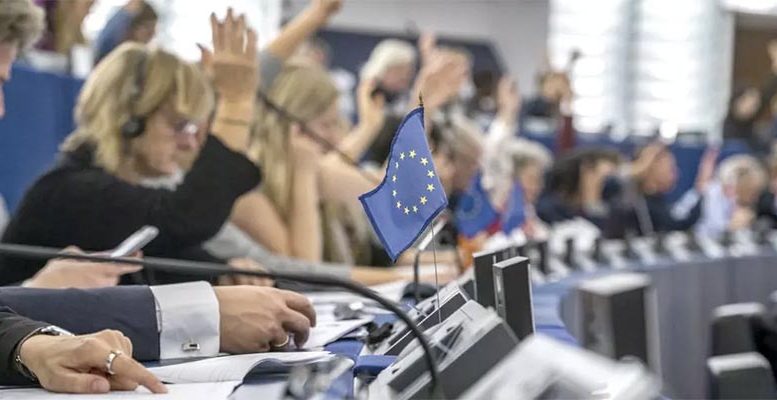The official data shows that the final execution of the amount received by Spain is very low (18%), that the awarding of projects is decreasing (45% in 2021; only 39% in 2022 and barely 20% on 31 October 2023); and that the vast majority (88%) of the money for the projects (61 of those 100) goes to public institutions (Autonomous Regions, City Councils and public bodies such as Adif, for example) and not to companies, freelancers or start-ups.
So the European Commission will impose greater control over the management of recovery funds by national governments, and will require more detailed data on their implementation and impact on national economies, “from February 2024”. This is what the economic commissioner, Paolo Gentiloni, has announced, in view of the very low figure for the final execution of the more than €37,000 million received by Spain, which only reaches 18%, according to the official data published by the government of Pedro Sánchez.
Gentiloni made this warning less than two weeks after Spain finally published the report on the 100 largest recipients of funds in our country. A demand from Brussels with a deadline of last April that Spain met less than a fortnight ago to reveal that of the 100 largest recipients of Next Gen funds, 60% are public entities, with ADIF (railway management company) at the head.





